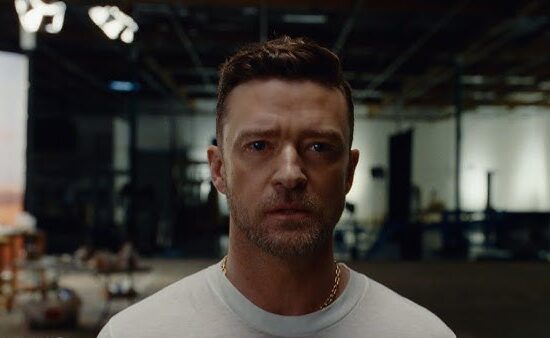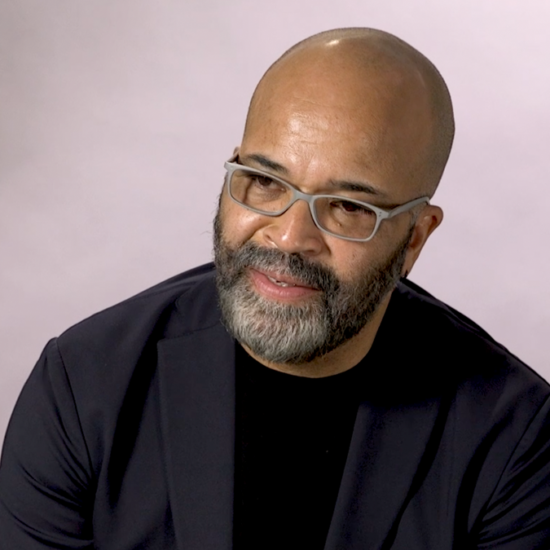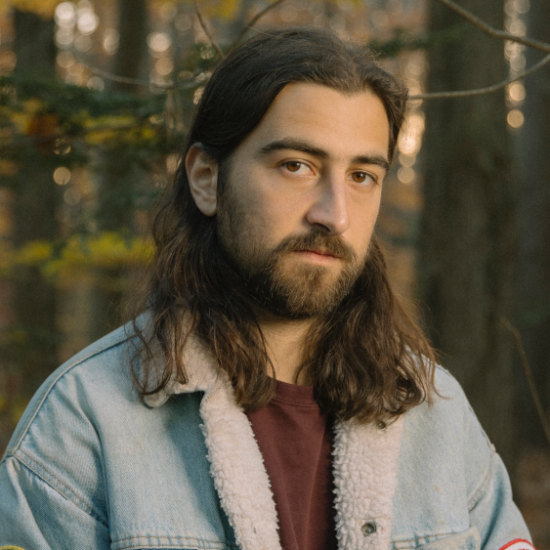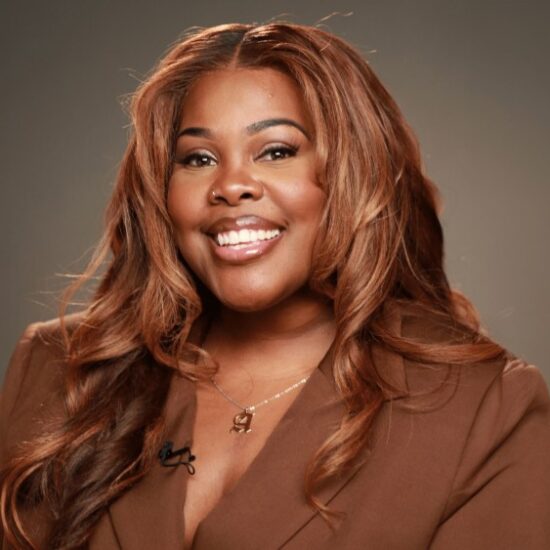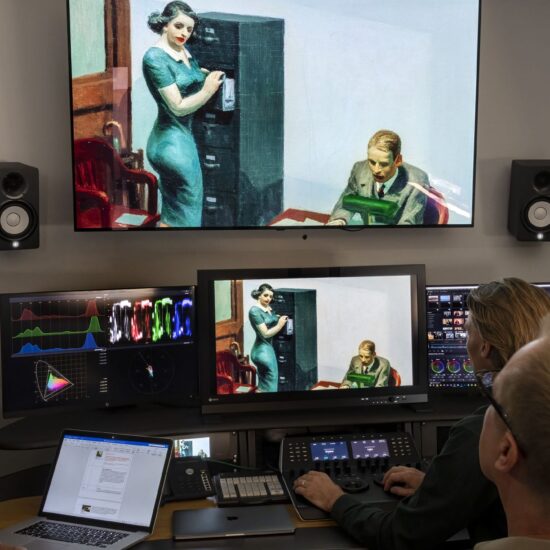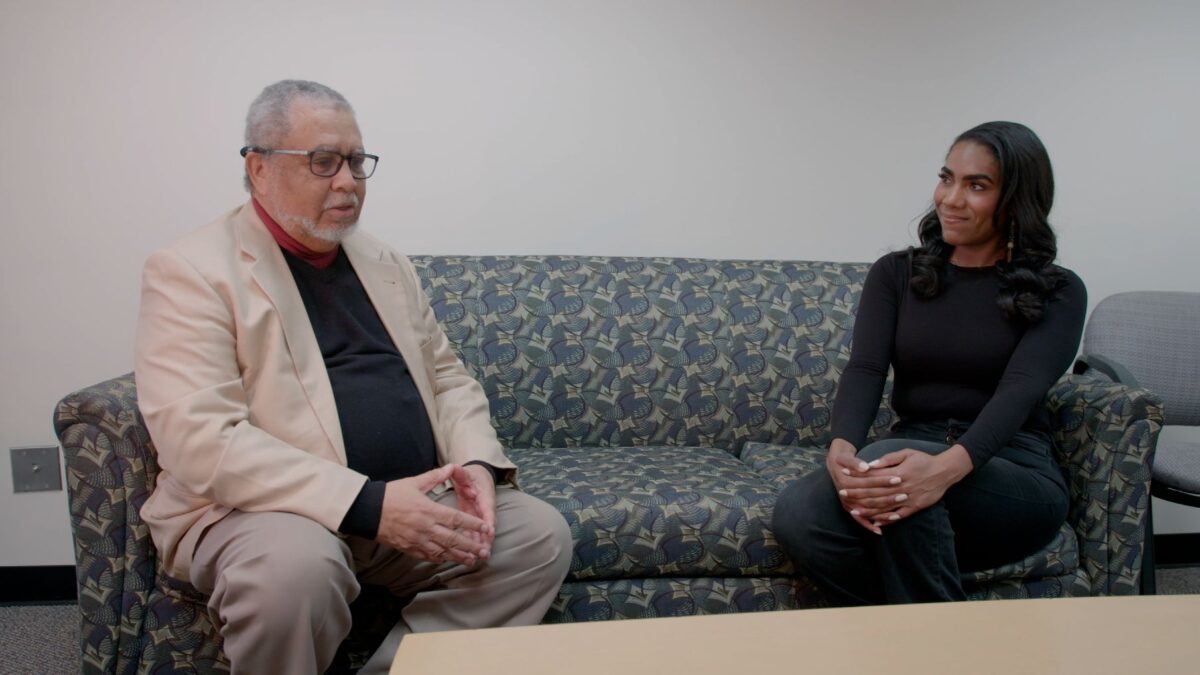
Following the death of George Floyd, composer Adolphus Hailstork and librettist Herbert Martin created “A Knee on the Neck,” an orchestral work featuring a large chorus and three soloists. The Requiem Cantata is in memory of Floyd, speaking to the adversity Black Americans have endured, both past and present.
Premiering with the National Philharmonic Orchestra and Chorale in 2022, the world debut of the piece featured J’Nai Bridges as one of the soloists. In the midst of the pandemic, Bridges had similarly raised conversations regarding inclusion and racial justice in the performing arts, including leading a panel on race and inequality in classical music with the Los Angeles Opera. In “J’Nai Bridges Unamplified” directed by Christine Turner, Bridges reflects on the emotional toll of these experiences and the catharsis of participating in “A Knee on the Neck” during this time of cultural reckoning.
American Masters spoke with Hailstork to discuss his creative process, collaboration with J’Nai Bridges and his visions for the future of classical music.
1. You said Herbert Martin’s libretto for “A Knee on the Neck” came first, what was the emotional experience first reading the text?
Emotionally, I was still upset about George Floyd. When I saw that’s what it was about, it only stimulated those feelings more. I had no hesitation in accepting his invitation to join him on the project. I saw it as an opportunity to vent my feelings. I never expected it to develop as big as it has, but I immediately got charged up to do it.
2. Broadly speaking, what was the process writing the music?
In this particular case, I decided to use the score of a previously existing work I’d written for David Lockington – which I didn’t think had much hope of getting performed beyond its premiere. That was a piece called “Hercules.” In it a slave, in fact George Washington’s cook – a chef of the 13 colonies – ran away and just disappeared mysteriously. It’s a powerful score, with a lot of energy and even a lot of angst. I thought it would line up perfectly with Herb’s text, so I decided to use that and adapt it.
It’s worked out pretty well. We’re going to have a performance in June in New York, that will be the fifth performance in two years. I’m pleased with how it’s turned out.
3. Why was J’Nai Bridges your first choice for the mezzo-soprano soloist?
She’s kind of the reigning mezzo. She’s an up-and-coming star, but I see her as an established star. To get a person of that caliber in on the premiere of this piece made great sense. It gave the piece a lift by having someone of that star caliber in the cast.
4. Do you remember a performance that brought J’Nai Bridges to your attention?
There are a lot of recordings I’ve seen, but certainly her turn as Carmen is very, very nice, as well as other pieces she did in concert. She has a very powerful presence.
5. The cantata ends on a note of hope, or as you phrased it “universal hand-clenching.” What do you hope people take from “A Knee on the Neck?”
I would hope that they take away some sense of determination. With the direction the country has taken in the last few years, I want people to say, “we can do better.” Remember, our constitution says “in order to form a more perfect union,” – it’s an ongoing track. It’s not a case of “well, we’ve arrived, we don’t have to do anything to make ourselves better.” It’s the contrary, we have to do a lot of things to make ourselves better. A lot of things in terms of the creeping vulgarity that’s been overtaking our culture. We can do a lot of things in terms of teaching our children. There are many things we have to work on. That’s why with good leadership we will continue to work together and that’s also why I liked Herb’s words. Together we can have hope and can abide together, be better together.
That’s the thing I wish. We can do better.
6. What further changes would you like to see in opera and classical music?
A sense of inclusion. That’s been happening and growing among the big ensembles, like the New York Philharmonic. Also the inclusion of young people, providing opportunities to them that I did not have as much when I was their age. Not only inclusion for African American composers, but composers of other backgrounds, especially women composers. The whole idea that classical music, compositions, belong to dead folks in Europe, has been wrong for a long time. But now there’s this increase in awareness and determination to expand.
7. Is there a role you hope to see J’Nai Bridges perform one day?
Hopefully I’ll have an opportunity to write for her again!
In terms of existing material, anything that she feels comfortable with she should get to do. She has a great voice, a great talent, just get her on the stage, give her the time to prepare, it will be a knockout.













